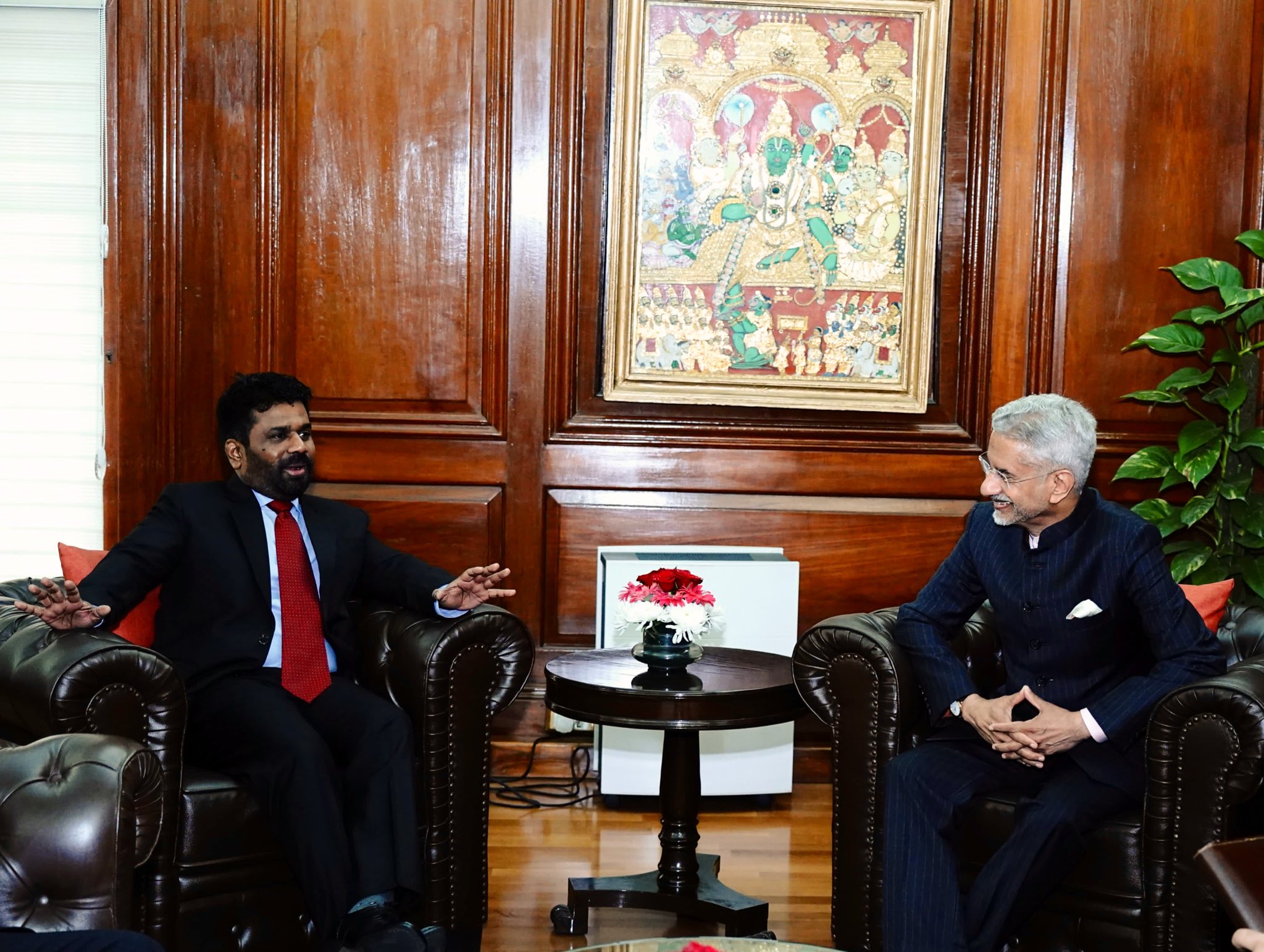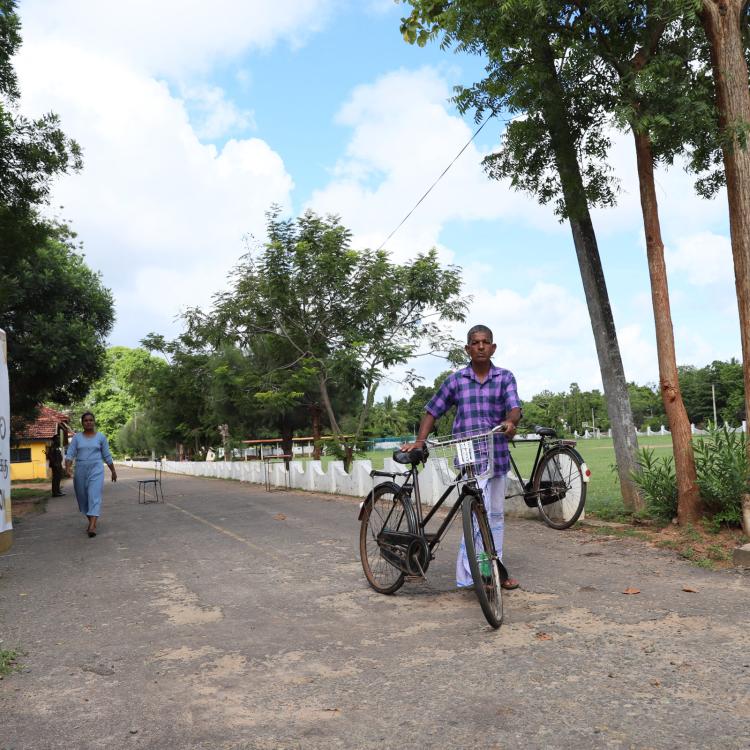
Dissanayake meets with India's foreign minister in New Delhi earlier this year.
Sri Lanka’s President Anura Kumara Dissanayake is set to make his first official overseas visit to India from December 15 to 17, following an invitation from the Indian government.
Cabinet Spokesman and Minister Dr. Nalinda Jayatissa confirmed the visit during the weekly post-Cabinet media briefing, emphasising the importance of bilateral engagements with India.
During his visit, Dissanayake is expected to meet Indian President Droupadi Murmu, Prime Minister Narendra Modi, and other senior officials. Discussions are expected to focus on strengthening ties and exploring cooperation across multiple sectors.
Foreign Affairs Minister Vijitha Herath and Deputy Minister of Finance will accompany the President. Dr. Jayatissa stated that further details, including potential agreements to be signed, will be disclosed by the Foreign Affairs Ministry closer to the visit.
A history of animosity
The visit is notable given the Janatha Vimukthi Peramuna’s (JVP) historical stance toward India. The party, traditionally Sinhala nationalist, has long opposed perceived Indian influence on the island. The JVP’s staunch opposition was most pronounced during the 1987 insurrection, which was fuelled by the prospect of Tamil autonomy in the North-East and the presence of the Indian Peace Keeping Force (IPKF).
Over the decades, the JVP rallied against agreements such as the Comprehensive Economic Partnership Agreement (CEPA), which aimed to expand trade and investment between the two nations. Malayaga Tamils, Indian-origin estate workers in Sri Lanka, were denounced as a “fifth-column instrument of Indian expansionism.”
Dissanayake himself has expressed such sentiments. In 2008, he told Parliament that “a secret plot has been hatched to hand over Katchatheevu to India,” and vowed that it “cannot be allowed to succeed at any cost.”
A change of heart?
However, in recent years, Dissanayake has markedly shifted his tone, illustrated by the decision to make India his first foreign visit.
Earlier this year, India extended an invitation to Dissanayake, marking a significant outreach effort. During the visit, he and his delegation met with Indian politicians, government officials, and members of the business community.
Despite these overtures, challenges remain. Key Indian-backed projects, such as a proposed wind power plant in Mannar, face uncertainty under Dissanayake’s administration. Prior to his election victory in September, he vowed to revoke the project, citing concerns over “energy sector sovereignty”. His administration has postponed any final decisions on the matter until the new year.
India has been eager to expand its presence on the island, pushing for projects like a proposed land bridge connecting Tamil Nadu to Tamil Eelam.

